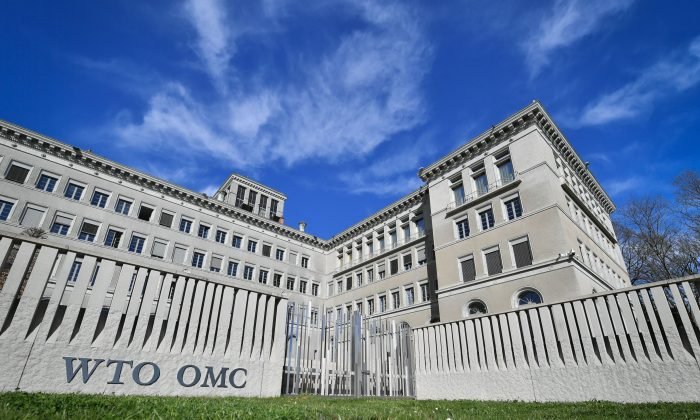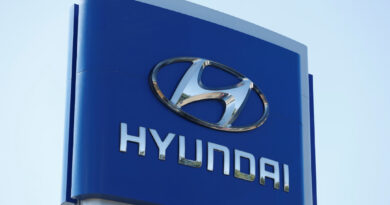EU Files WTO Complaint Against China for Alleged Unfair Dairy Investigation
Brussels said the move was prompted by China’s increasing use of trade defense measures “based on questionable allegations and insufficient evidence.”
The European Union (EU) has formally filed a complaint with the World Trade Organization (WTO) over the Chinese regime’s decision to initiate an anti-subsidy probe into dairy products shipped from the bloc.
The EU’s executive arm, the European Commission, made the announcement on Monday, marking the first time the bloc has challenged an investigation at its initiation stage.
Products under China’s investigation are milk and cream with a fat content of more than 10 percent and various types of cheese from the EU. The subsidy programs the Chinese ministry is reviewing include seven under the EU’s Common Agricultural Policy, as well as 13 provided by national authorities in Austria, Belgium, Croatia, the Czech Republic, Finland, Italy, Ireland, and Romania.
“EU will do its utmost to defend the interests of its industries,” Dombrovskis told Wang in Brussels.
Dombrovskis reiterated the call on Monday, urging China to bring the review of EU’s diary products “immediately to an end.”
The EU sent the consultation request on Monday, the first step in the WTO dispute settlement proceedings. EU officials said they would ask the WTO to set up a panel if the consultations do not yield a satisfactory solution.
In a statement issued later on Monday, China’s commerce ministry said Beijing received the EU’s request for consultation and defended its decision to open the review.
The investigation of EU dairy products was opened “in accordance with Chinese law and at the request of domestic industries,” the ministry said, adding that “China has a responsibility to safeguard the legitimate demands of domestic industries and their rights and interests.”
Monday’s announcement comes as China’s commerce minister wrapped up his Europe trip and returned to Beijing.
The visit, which includes stops in Rome and Berlin, comes as the EU’s 27 member states are about to vote on whether to impose five-year EV duties.
The introduction of EV duties would be defeated only if a qualified majority of 15 EU members, representing 65 percent of the EU population, voted against the proposals.
Wang has vowed to persist in the negotiation efforts “until the last minute” of the EV case during the meeting with representatives from Chinese and European EV makers on Sept. 18.
Experts have called on the EU to hold firm on the position, highlighting the bloc’s leverage over Beijing due to China’s dependence on the European market, the challenges it faces in the U.S. market, and its slowing economy.
“The EU should hold firm, not because a new US administration will want it to, but because its own geopolitical credibility and industrial future are on the line.”





